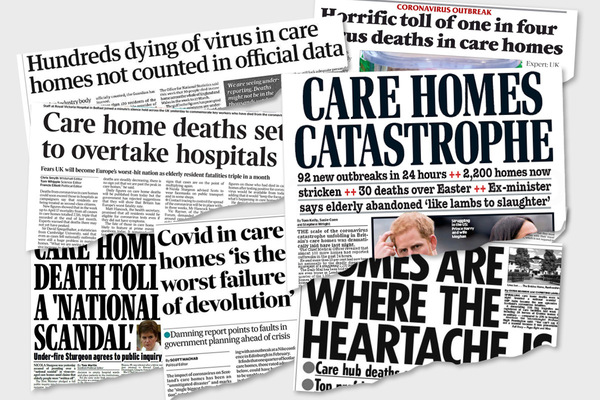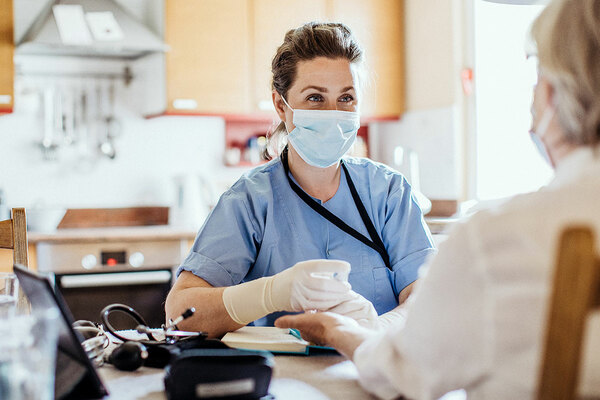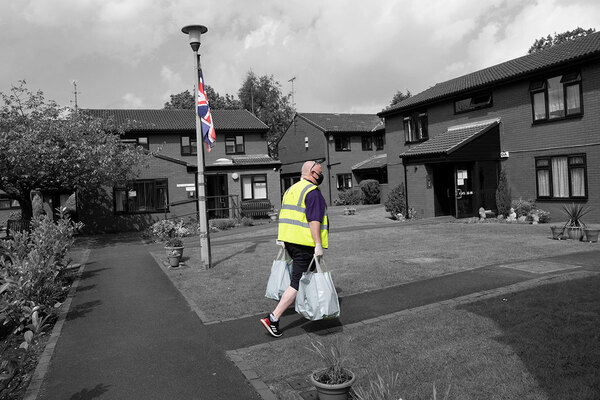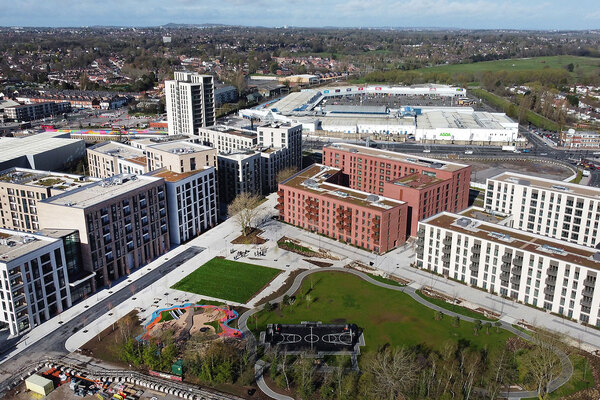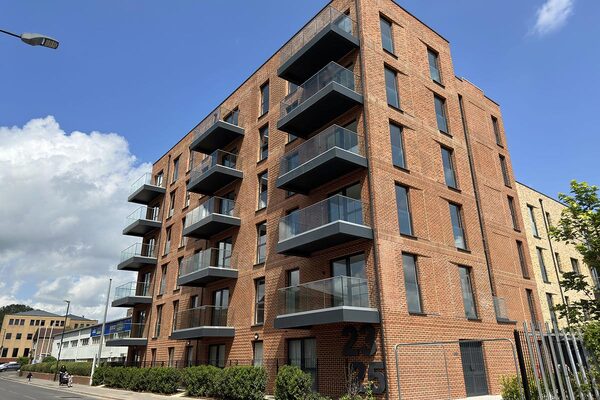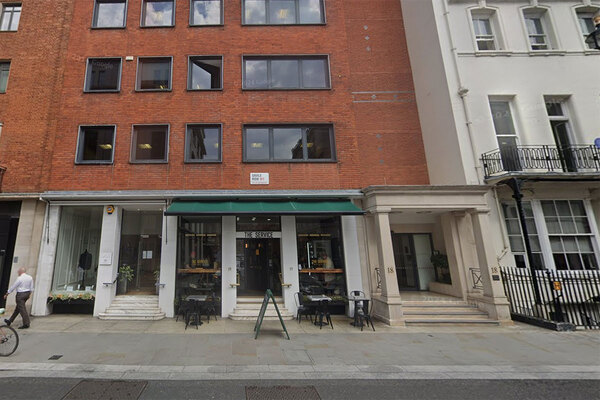You are viewing 1 of your 1 free articles
Care homes fear impact of banning visitors again as coronavirus restrictions tighten
Housing associations across the country have said they are worried they may need to tighten their rules concerning visitors in care homes, amid fears of a second wave of COVID-19 hitting the sector.
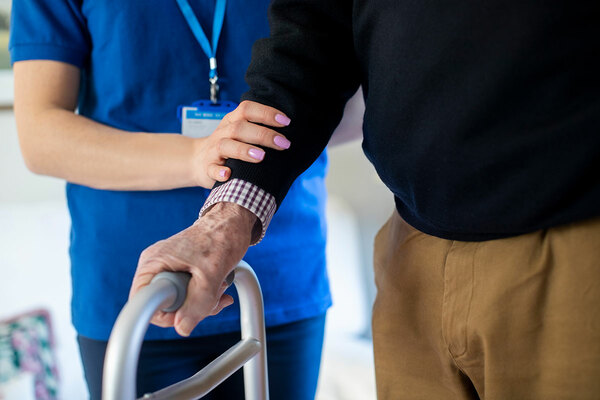
Care providers have told Inside Housing they are currently adopting strict protocols governing visitors, including booking appointments and testing temperatures. However, they fear the government could change its guidelines and they would have to close their doors again.
Helen Gregory, director of customer service at Estuary Housing Association, said: “If the guidelines change, obviously we’ll have to go back to not having visitors again, which is sad for families, isn’t it?”
Susan Hill, manager at Glebe Court Nursing Home, which is owned by Glebe Housing Association, said the biggest challenges the home is facing at the moment are “hugs and kisses from families to relatives” and the “emotional and mental health” of residents.
Glebe Housing Association has built a visiting pod in the home, hoping that visits will be able to continue even if restrictions are tightened.
Mark Carter, care and support director at Hightown Housing Association, said the recent tightening of restrictions has made “[the association] think: ‘Do we need to tighten our visiting again?’”
He said the blanket restriction on care home visits during the early stages of lockdown was hard on Hightown’s care home residents, most of whom have learning disabilities and are not in the same risk category as elderly residents.
Abigail Katsande, head of nursing at Linc Cymru Housing Association, said she is satisfied with the current solutions governing visiting for the majority of residents, but said they have proved difficult for some families.
She said: “If my spouse is in a nursing home, I might get up in the morning, have my breakfast and spend the day at the nursing home, beside my spouse, until it’s time for me to make my way home and get ready for bed… you’ve got other families as well, who will swing by the nursing home on their way home from work every day… there is no way a video call will fill that void.”
